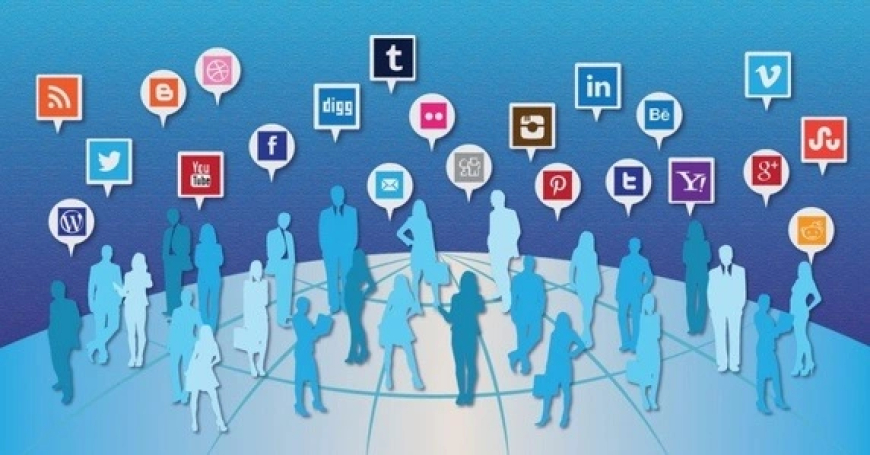Social Media and Online Communities: A Transformative Force in Modern Communication
social media serves as a broad ecosystem for interaction and content sharing, while online communities are specific groups formed around common interests or goals within that ecosystem

The advent of social media has fundamentally transformed the landscape of communication, fostering the emergence of online communities that transcend geographical boundaries. These platforms, which include Facebook, Twitter, Instagram, and Reddit, have redefined interpersonal interactions, allowing individuals to connect, share, and collaborate in unprecedented ways. This essay examines the impact of social media on online communities, emphasizing their role in shaping social dynamics, information dissemination, and collective identity.
Social media serves as a catalyst for the formation of online communities by providing users with tools to engage with like-minded individuals. These communities often revolve around shared interests, values, or experiences, enabling members to foster connections that may not be possible in traditional social settings. For instance, individuals with niche hobbies or those facing unique challenges can find solace and support within these digital spaces. This sense of belonging can be particularly beneficial for marginalized groups, who may struggle to find acceptance in their immediate environments.
Moreover, social media platforms have revolutionized the way information is disseminated. In contrast to conventional media channels, social media allows for real-time sharing and consumption of content. This democratization of information empowers users to become both consumers and producers of content, facilitating the rapid spread of ideas and news. However, this shift also presents challenges, as the proliferation of misinformation can lead to confusion and polarization within online communities. The responsibility of verifying information increasingly falls on users, highlighting the need for digital literacy in navigating these complex environments.
The collective identity of online communities is another significant aspect shaped by social media. Members often contribute to a shared narrative, reinforcing group cohesion and solidarity. This can be observed in various movements, such as Black Lives Matter and climate activism, where social media plays a pivotal role in mobilizing support and raising awareness. However, the potential for echo chambers exists, where individuals may become insulated within their communities, leading to a lack of exposure to diverse perspectives.
In conclusion, social media and online communities represent a transformative force in modern communication. They facilitate connections among individuals, democratize information dissemination, and shape collective identities. While these platforms offer numerous benefits, they also pose challenges that necessitate a critical examination of their impact on society. As we continue to navigate this digital landscape, fostering a culture of responsible engagement and digital literacy will be essential in harnessing the positive potential of social media while mitigating its drawbacks.
